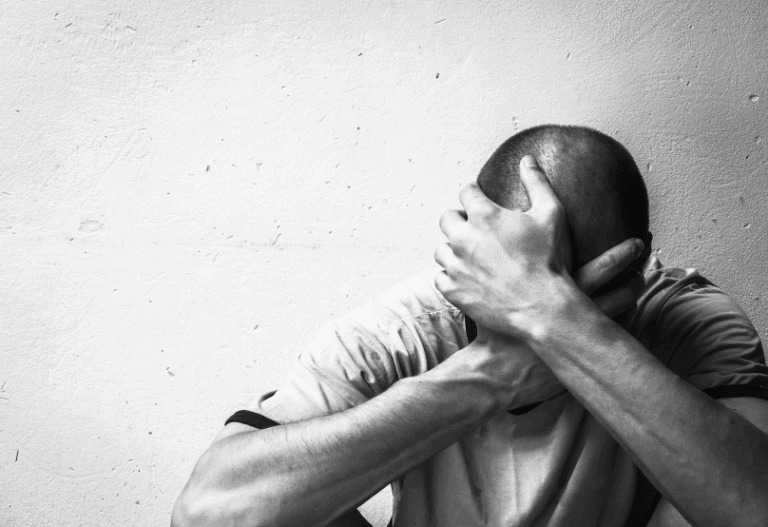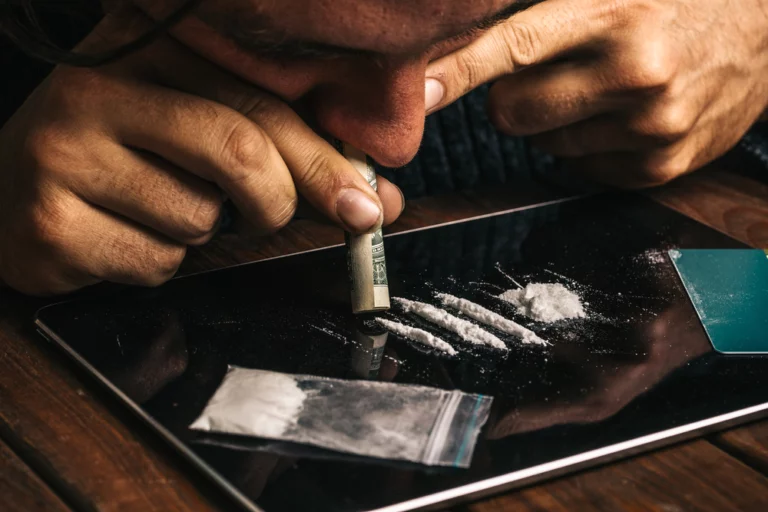5 Signs That It’s Time To Stage An Intervention
So you’ve finally decided to take action and get help for your friend with alcohol and drug problems. Now what? You probably have a lot of questions, like: How do I know it’s time to stage an intervention? How do I know which friends to approach and what will work in our plan to get him or her help? We’ve got good news and bad news.
The good news is there are plenty of skills and knowledge needed to successfully stage an intervention. The bad news is that it’s not an easy process. That’s why we’ve compiled a list of 5 signs it’s time to stage an intervention. If you think you might need help, this article is for you. Keep reading to learn more about the stages of an intervention, what you should do after you finish stage one, and who you should ask for help in your plan.
1. Make Sense Of The Situation
It’s important to know the context of your friend’s situation, especially when you stage an intervention. Research suggests that friends and family members who stage interventions may be the least equipped to help someone experiencing a substance abuse problem. You should know what your friend is doing and why, and why you want to help them.
2. You’ve Discussed The Problem
Before you stage an intervention, you should sit down with your friend and talk about their substance use and how you feel about it. Make sure you understand why they drink and use drugs, how it affects them, and how it impacts your friendship. You might even check out this alcohol intervention guide to get an idea of how these conversations go.
Discussing the problem gives you the opportunity to ask questions to better understand how and why your friend uses drugs and alcohol. This can help narrow down what problems need to be addressed. You should also be prepared to talk about your own feelings, thoughts, and behaviors with regard to substance use. If you have been affected by your friend’s substance use, it’s important to bring this up.
3. Someone Has Taken Responsibility
If your friend has been taking responsibility for their substance use, you should consider this a sign of good things to come. Talking about substance use is one thing, but actually taking responsibility for it is an important next step. Taking responsibility means your friend has admitted they have a problem they need to fix. They’ve also agreed to make a plan with you to get help.
In a perfect world, your friend would take full responsibility for their substance use and understand the consequences of their actions. In the real world, sometimes your friend just isn’t ready to take responsibility for their actions or understand the severity of them.
4. You Can’t Take It Anymore
If you’ve reached the point that you can’t take it any more, it might be time to stage an intervention. You should probably be at this point if your friend is causing trouble in your friendship, damaging property or hurting themselves while drunk, or if they are verbally abusing or harassing you.
If your friend refuses to take responsibility for their behavior, you may also want to consider holding them accountable so they understand there are consequences to their actions. If you’ve reached this point, it’s because your best friend has disappointed you, your relationship with them has been damaged, and you want to support them in getting help.
5. There’s Violence Or Co-Occurring Substance Use
If your friend is causing violence, threatening violence, or using weapons while drinking, this may be a sign of bigger problems. If your friend is abusing substances, co-occurring substance use with violent behaviors, or drinking to the point of blacking out, they may be unsafe around you and others.
If your friend has been physically abusive to others, threatened you, or used weapons while drinking, this is a serious sign of a problem that needs to be addressed. If you believe your friend is drinking and/or using drugs while carrying a weapon, you should consider holding them accountable and getting help.
6. The Signs Point To Something Worse
If you’ve been noticing warning signs pointing to something worse, it may be time to stage an intervention. If you’ve been worried about your friend’s safety or well-being, this is a sign it’s time for help.
While it’s ideal when someone has a substance use problem that they can fix on their own, sometimes it’s necessary to stage an intervention. If you’re worried your friend needs help, and you’ve tried talking to them, helping them, and being supportive, it’s time for an intervention.
Oasis Recovery Center is Here For You
Interventions are serious business. You can’t mess around or be short-tempered. You have to be calm, respectful, and direct. If you’re not ready for this stage of your plan, you may need to take some time to prepare yourself emotionally and skill-wise.
Remember, staging an intervention is a big responsibility. It can be scary, daunting, and overwhelming. You may have to have the strength to confront your friend and ask them to get help, even if they don’t respond well.
If you feel that you or a loved one may be struggling with substance abuse, you are not alone. Substance abuse and addiction can affect anyone. If you or a loved one are currently struggling with addiction, help is available! We encourage you to reach out to the professionals at Oasis Recovery to learn more about our personalized treatment programs and mental health services.
Oasis Recovery was founded from firsthand experience of addiction and recovery, with a mission of providing a space where people can heal from addiction in a compassionate, creative, open-minded, and heart-centered environment. We believe recovery is always possible. Our experts work with you to design a treatment plan that fits your needs. Common treatment programs include:
- Intensive Outpatient Programs (IOP)
- Full-time Addiction Treatment on campus
- Aftercare Services
Contact us today for more information about how our programs and services can help you get your life back on track. You no longer have to struggle with addiction on your own. We are here to help.











